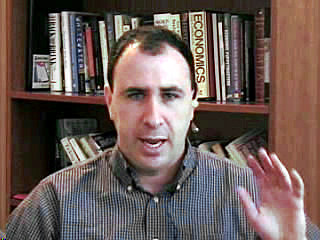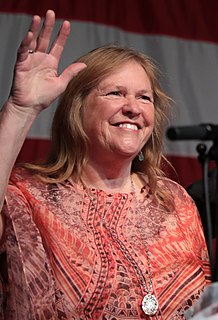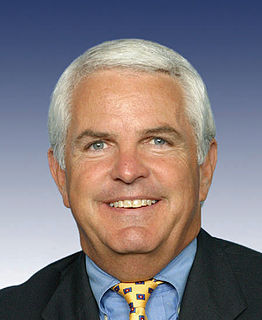A Quote by Barack Obama
We are unique among advanced countries that we don't have universal health care. My hope was that I was able to get a hundred percent of people health care while I was president. We didn't quite achieve that, but we were able to get 20 million people health care who didn't have it before. And obviously some of the progress we made is now imperiled because there's still a significant debate taking place in the United States. For those 20 million people, their lives have been better.
Quote Topics
Able
Achieve
Advanced
Among
Because
Been
Before
Better
Care
Countries
Debate
Get
Health
Health Care
Hope
Hundred
Lives
Made
Million
Million People
Now
Obviously
People
Percent
Place
President
Progress
Quite
Significant
Some
States
Still
Taking
Those
Unique
United
United States
Universal
Universal Health Care
Were
While
Related Quotes
The rise in health care costs since Obamacare, the Affordable Care Act was passed, have been at their lowest rate in 50 years. Those savings have extended the Medicare trust fund by 11 years. So we've got a baseline of facts.So it is true theoretically that all that progress can be undone, and suddenly 20 million people or more don't have health insurance.
Obama took 20 million people from the category of ignorables and put them into the category of unignorables. No one had to do anything for these 20 million people because they were outside the system. Now they're inside the system. Taking away their health care imposes all kind of political pain. We don't know the outcome, but every passing day it show how difficult it is for Trump to deprive them of what they now have.
One of the things we need to do is address mental health care as an integral part of primary care. People often aren't able to navigate a separate system, so you see successful models where a primary care physician is able to identify, diagnose, and concurrently help people get mental health treatment who have mental health issues.
I think that the risk to all the progress we've made was at stake in the election because not just the president-elect but a lot of members of Congress, including now the Speaker of the House and the Senate majority leader, have said that their principal agenda was to undo a lot of this progress. But as I've been talking about over the last several days when it comes to health care, the gains that we've made are there. Twenty million people have health insurance that didn't have it before. The uninsured rate is the lowest it's ever been.
What sensible people have got to do is not simply repeal the Affordable Care Act without any alternative, but you've got to sit down and say it's OK, what are the problems. How do we address it? How do we move to universal health care? How do we lower prescription drug costs? How do we make sure that people don't have outrageous deductibles? You just don't throw 20 million people off of health insurance. You don't privatize Medicare.
People who believe in 'universal health care' show remarkably little interest - usually none - in finding out what that phrase turns out to mean in practice, in those countries where it already exists, such as Britain, Sweden or Canada. For one thing, 'universal health care' in these countries means months of waiting for surgery that Americans get in a matter of weeks or even days.
We have health insurance companies playing a major role in the provision of healthcare, both to the employed whose employers provide health insurance, and to those who are working but on their own are not able to afford it and their employers either don't provide it, or don't provide it at an affordable price. We are still struggling. We've made a lot of progress. Ten million Americans now have insurance who didn't have it before the Affordable Care Act, and that is a great step forward.





























